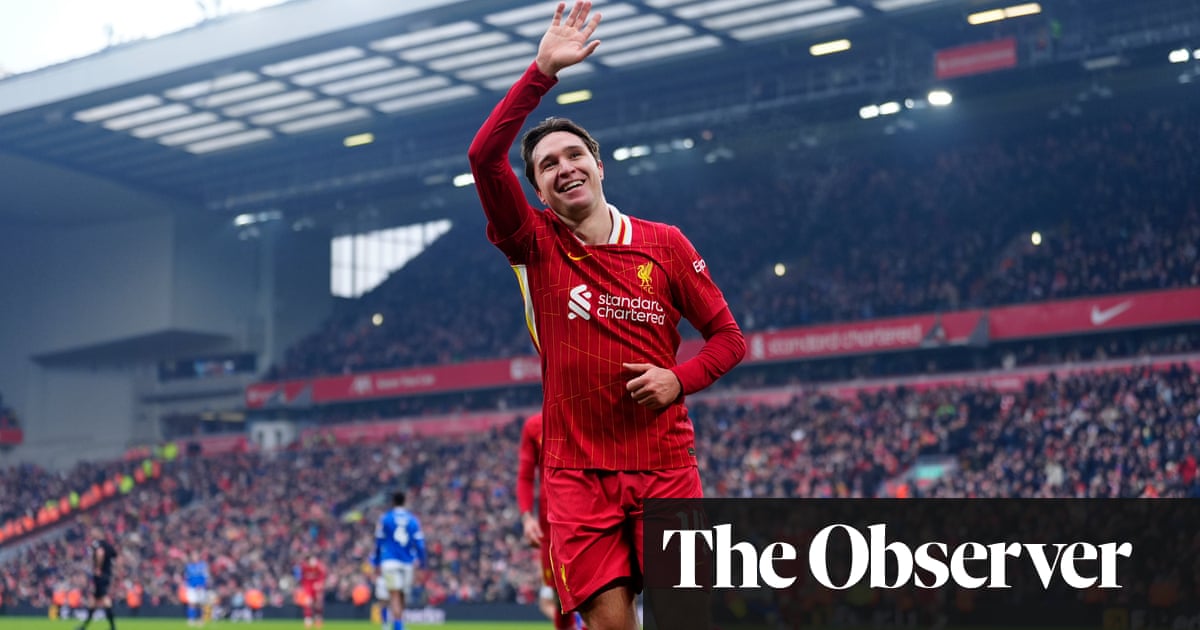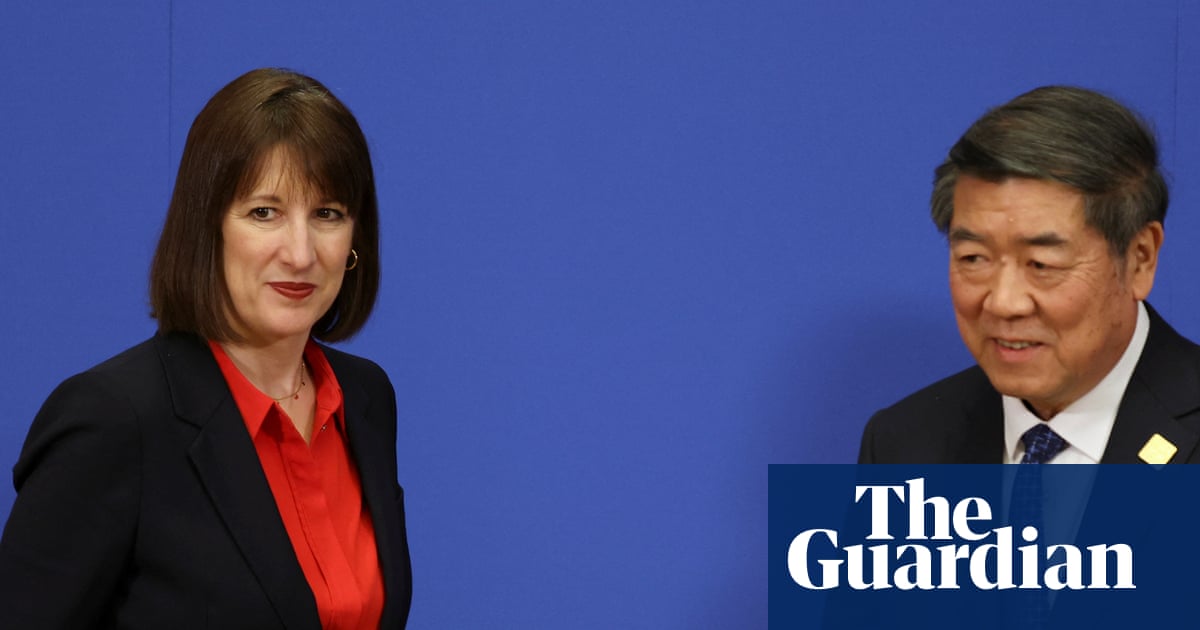One of the bad things that comes with being a middle-aged interviewer, as opposed to a younger one, is the tendency to complain loudly that people in public life used to be so much less controlled, so much more wild and free and apt to say the wrong (the interesting) thing.
No one likes a nostalgist, after all. But in the case of politicians, I’m afraid there’s no getting away from it. In 2024, unbridled they aren’t. Every word is rehearsed. Even their sandwich fillings have been focus-grouped.
When I heard the sad news that John Prescott had died, I was filled with nostalgia, and not only for my youth. In the pantheon of my former interviewees, he began somewhere around the middle: not as juicy as Gore Vidal, but more fascinating (honestly!) than Tom Jones. As the years went by, however, something happened. He began to rise ever upwards, to a point where I now think of him as in the top 10. If Peter Mandelson divulged his character to me in the gentle nibbling of a Pret a Manger tiffin bar – with what ruthless delicacy he munched! – I located Prescott’s sweet, sad soul in the simple words: “Blimmin’ Marks & Spencer’s trifles.”
The year was 2008, and the former deputy prime minister had just published his memoirs, a book whose central revelation was that he’d suffered from bulimia, which brought him to binge on supermarket trifles (he and his wife, Pauline, liked the best things in life, and so they were M&S). We talked about this a lot – the subject fascinated him – and what he said was unexpected as well as comical.
Once we’d got past his fury at the ignorance of journalists – “they said I’d failed because I was still fat!” – we arrived at the kind of male vanity that always touches me, fool that I am. It was, he said, great to no longer be bulimic: his face had stopped blowing up “like Les Dawson’s”. Who had aged better? I asked. Him or Tony Blair? “Oh, I think I have,” he replied, quick as a flash.
Later, he pulled a plastic comb from his pocket, and attended to his hair. This, I understood, was his way of consoling himself for myriad snubs and slights, among them the fact that Blair had invited him to Chequers only twice.
Some of this may not sound to your ears especially uninhibited, for all that it’s revealing – though you’ve probably never tried to get Yvette Cooper to talk like a human being. But in truth, the moment of zero restraint had occurred right at the start of our meeting.
In Prescott’s gloomy House of Commons office were two armchairs arranged around a table, on which there was a model of a hand grenade with a sign that read: “Complaints department. Pull for attention.” (He loved such knick-knacks: he also had a tiny china model of a Peking duck, a tribute to his favourite food at Mr Chu’s restaurant in Hull). I took one chair, and he took the other, at which point the fun began.
after newsletter promotion
Woah! I hardly knew where to look as he put one hand around his right ankle and lifted it, arranging it so that it dangled over the chair’s arm. Naturally, I wanted him to be comfortable – disclosure requires a certain amount of relaxation – but this was too much. His… pelvis was pointing at me, his hand hovering above it like a cowboy’s over his holster. And in this position he remained. Inwardly, I was delighted. Here was copy. Outwardly, I kept my cool with questions about social class and the regions.
Now, even as it makes me laugh, I think of that pose as a marker. Once, there really were politicians who didn’t much care what journalists thought of them – a bracing, helpful quality that eludes even Prescott’s natural heir, Angela Rayner.

.png) 1 month ago
13
1 month ago
13













































